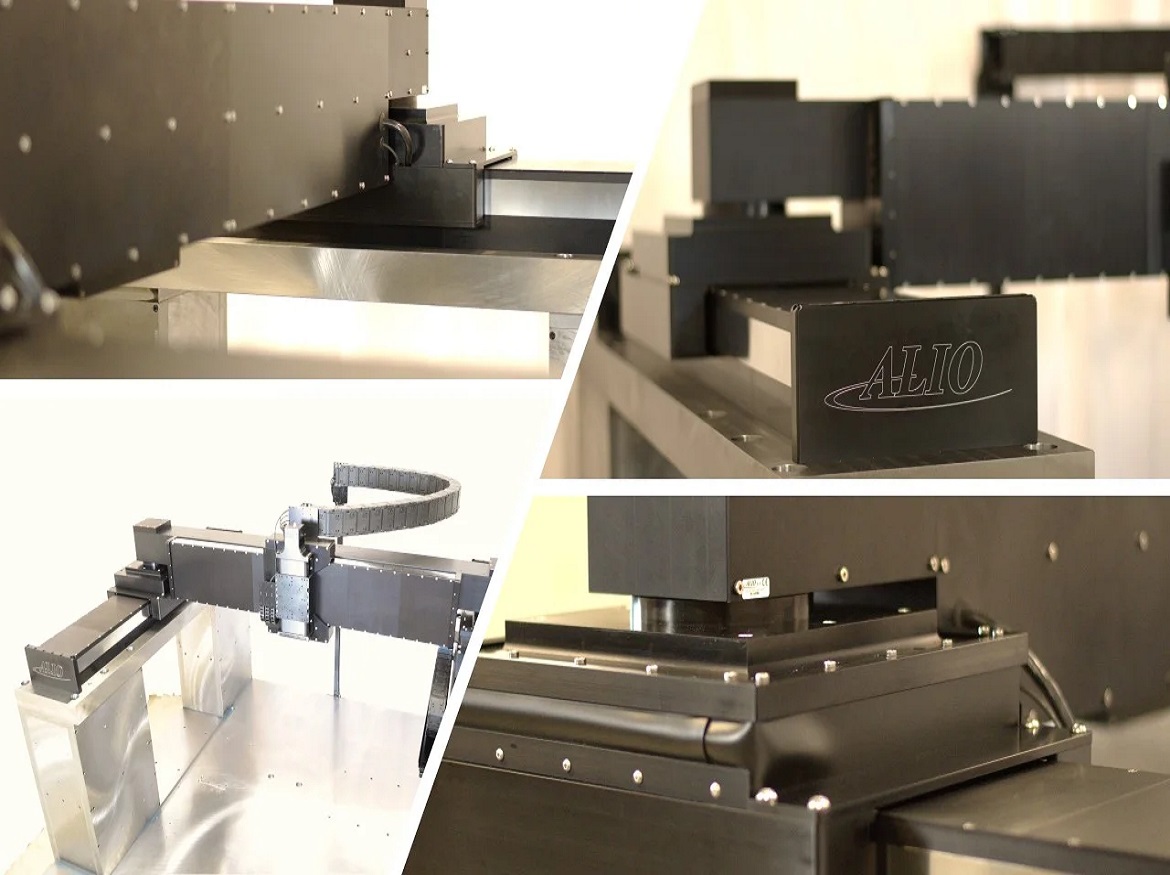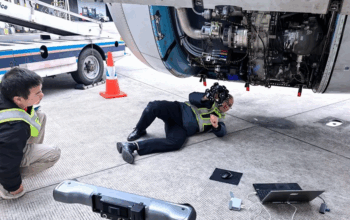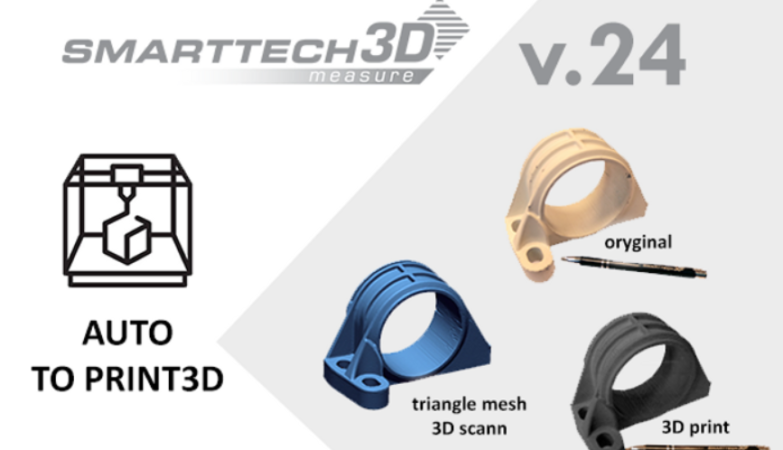As industries accelerate into an era defined by nanoscale perfection and micron-level accuracy, for many applications the spotlight falls on the sophisticated configuration of gantries to include advanced features that allow the next level of precision within machine motion control systems. These configurations, once reserved for niche applications, have become the backbone of countless manufacturing processes. From the delicate assembly of semiconductor chips to the precision-driven world of medical diagnostics, getting the motion just right is not merely about quality — it’s about ensuring operational efficiency, reducing costly errors, and, in some sectors, guaranteeing safety. In this precision-focused age, ALIO Industries is leading the way, and has an innate understanding of such configurations, and knows that mastering them isn’t a luxury; it’s an imperative for manufacturers aiming to lead the vanguard of innovation.
A gantry configuration in ultra-precise motion control systems refers to a framework used to dynamically move over a relatively large area or workspace with incredible accuracy. This structure typically comprises linear axes that allow movement in multiple directions — often in the X, Y, and Z planes. Within the realm of ultra-precision, gantry systems are meticulously designed to minimize vibrations, thermal expansions, and other disturbances, ensuring that movements are consistent to the scale of microns or even nanometers, making them essential for tasks like micro-assembly or semiconductor fabrication. Additional rotational (yaw) motion pertains to movement around a vertical axis.
Beyond this traditional addition of further axes, ALIO offers a “Yaw Compliance” option that can be used on its configurable gantry robots contributing to their superior precision and +/- 1.5µm accuracy. The Yaw Compliance option is a virtual rotary axis allowing precise compensation for small angular misalignments that also may be used as an actual rotary axis for small intended angular motions.
Bill Hennessey, President at ALIO says, “There is a reason that customers engage with ALIO as they strive to innovate new manufacturing processes and products. Engaging with a motion control systems supplier like ALIO with a deep understanding of motion challenges is vital due to the inherent demand for precision and accuracy in many applications. Whether in manufacturing, or R&D, accurate multi-dimensional movement is crucial. A supplier well-versed in gantry configurations ensures the system offers consistent and reliable motion. Without such specialized knowledge, the risk of motion discrepancies increases, potentially compromising the application’s success. Also, every application has unique motion requirements, making it imperative to avoid a generic, one-size-fits-all approach. Suppliers like ALIO with in-depth expertise can tailor the design of the motion control system to suit specific application demands. This tailored approach not only enhances system performance but can also offer cost savings by eliminating unnecessary features or over-specifications. An optimized system design further benefits the end user by improving the system’s durability and reducing its maintenance needs over its lifetime.
The rapidly evolving nature of many industries means that machinery and equipment such as ALIO’s must also adapt and evolve. The company’s robust understanding of sophisticated configuration of gantries makes it better positioned to anticipate and adapt to future challenges and trends. This adaptability ensures the supplied motion control systems remain relevant and can be updated or modified as demands change, maximizing their usable lifespan and providing a more substantial return on investment for the end user.
In ultra-precise applications, the specifications of gantries are meticulously adapted to suit each task’s unique demands. The scale and reach of the gantry can differ significantly, with some applications necessitating compact, intricate setups, while others might require larger but equally precise systems. Meanwhile, yaw control can vary in its granularity and accuracy. The degree and precision of yaw adjustments needed can be influenced by the intricacies of the task at hand. Tailoring these configurations ensures that every application can meet its distinct precision benchmarks, and ALIO’s Yaw Compliance option contributes greatly to the exacting precision that can be achieved.
Hennessey concludes, “Working with a motion control supplier that lacks a comprehensive understanding of gantries and the addition of further motion axes can lead to significant challenges. Such oversight can result in systems that fail to deliver the required precision and accuracy, potentially causing production inconsistencies or product defects. The inefficiencies introduced might slow down production speeds, leading to operational delays and increased costs. Furthermore, improperly configured systems could face premature wear and tear, necessitating frequent maintenance or replacements. In critical applications, these shortcomings not only translate to financial losses but can also pose serious safety risks and jeopardize mission-critical tasks.”
Credits: ALIO Industries









